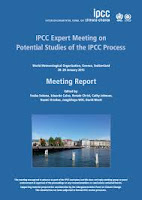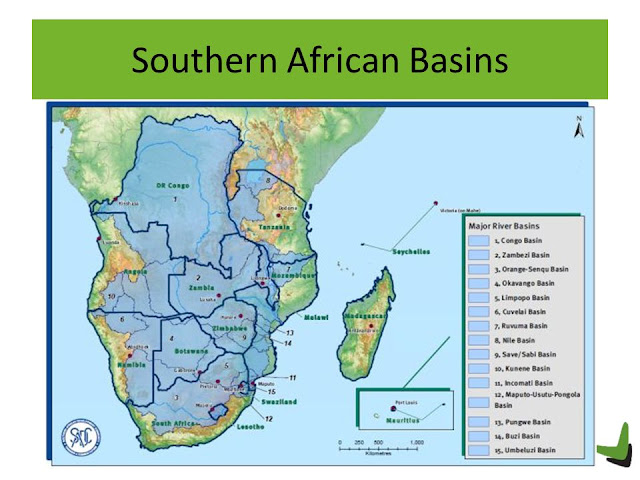BBC news summary of 1.5 degrees of warming - Overview before IPCC meeting published
Just out this week, so hot off the press, as the IPCC meet in Incheon, South Korea, the BBC has published a very helpful overview of the fabled 2.0 degrees of warming; which has now been stated at being 1.5 degrees if we want to stay within safe limits. (Definitely worth a read to get a good overview of what the target is, and what is means for global environmental change - it links to Africa and water). The article highlights perfectly the risks involved of warming on a global scale, with powerful quantitative data on the physical environmental effects of such unprecedented warming. Whilst it doesn't directly highlight the effects on water in Africa, it shows a range of negative externalities that all in themselves will lead to greater pressures and issues related to water resources and supply allocation across the African continent i.e rising sea levels forcing whole group of people onto a smaller landmass, thus increasing the demand/supply ratio for example.



What is your opinion on the feasibility of staying below a safe level of warming, whether this be 2.0 degrees or 1.5 degrees?
ReplyDeleteFrom reading the IPCC report on climate change that came out today I would say that it is not feasible to stay below the 1.5 degrees of warming. However, being an optimist, I would argue that if a radical change was brought about via a massive shift in social, economic and political actions, then staying below the 2.0 degrees of warming could be brought about. Only time will tell!!
DeleteThat is good response Jacob. Have you seen this comment on the Paris target by our own Simon Lewis: https://www.nature.com/news/the-paris-agreement-has-solved-a-troubling-problem-1.19774?
ReplyDeleteYes the article by Simon Lewis is a very interesting and stark look at the Paris Target. It's highlighted to me the disproportional affects on people from emissions. It is comments on the Paris target such as this that offer the interesting insights into the heavy heap of quantitative reports that get published on climate change.
Delete